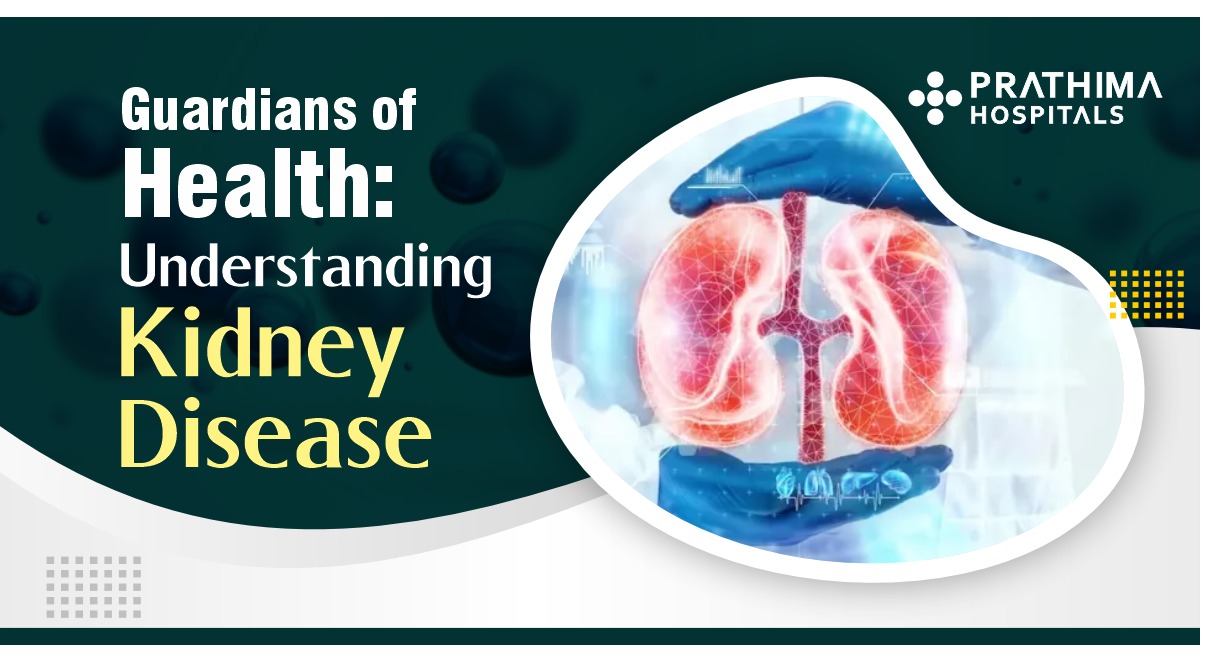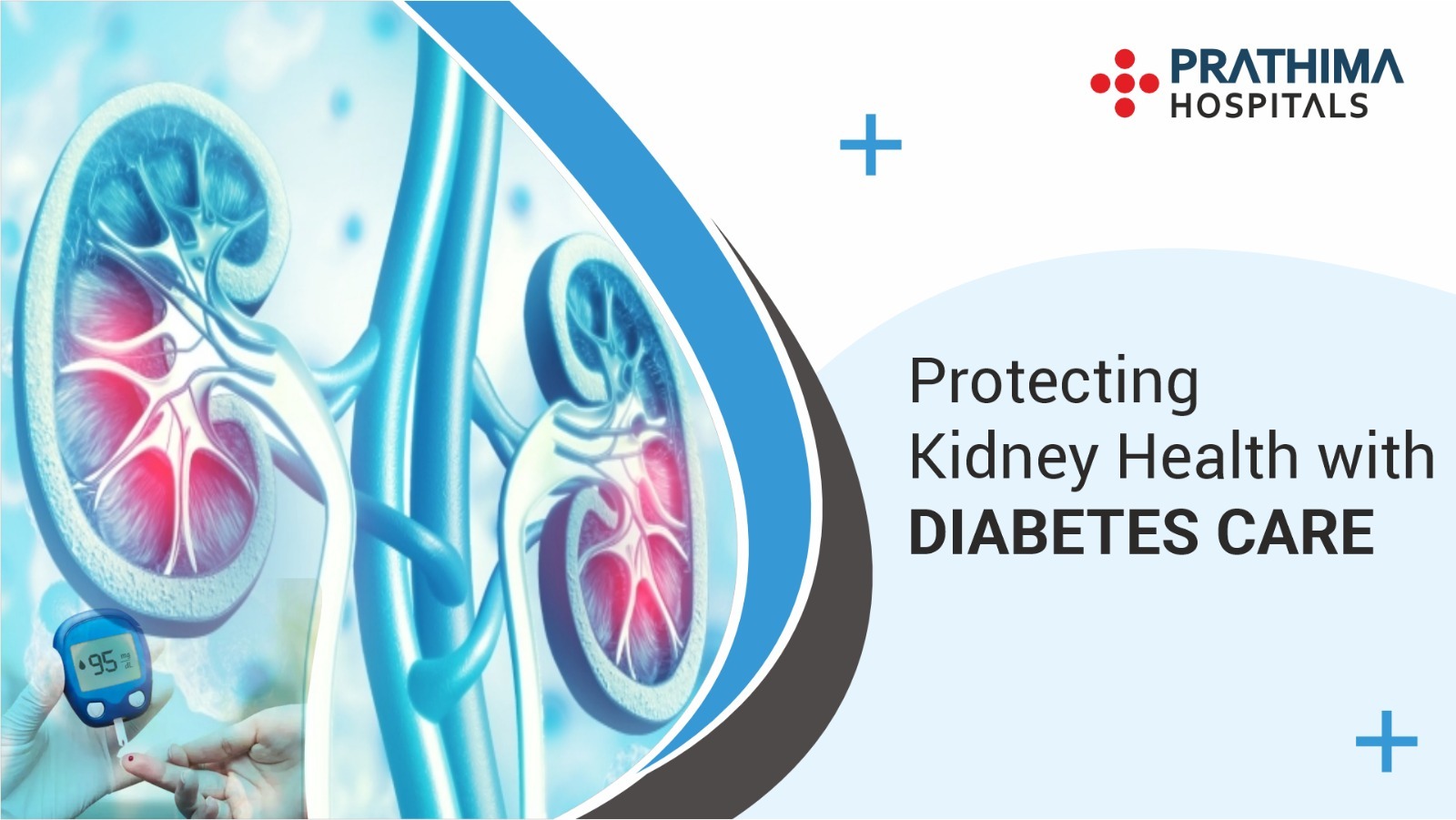Mucormycosis- Causes, Symptoms, Treatment and Prevention

As you all infer the planet was combatting an awful disorder and is nonetheless striving arduous to overcome. Any guesses, Yeah you are right, “The deadly Coronavirus”. Little did we know that they had to negotiate with another fatal fungal infection, “Mucormycosis” commonly known as “Zygormycosis” and “Black fungus”.
At Prathima Hospitals, we have seen innumerable cases of Mucormycosis and performed successful surgeries on many patients.
Mucormycosis is usually rare encompassing fewer than 2 people per million population each year worldwide. But it has been reported more than 80 times prevalent in India during the Covid-19 pandemic.
The scientist who recorded the first case in Friedrich Kuchienister in 1855. The disease has been reported in natural disasters, the 2006 Indian Ocean tsunami, and the 2011 Missouri tornado. According to a CDC report, there is a great association between Covid 19 and Mucormycosis. It is related to glucocorticoid therapy for Covid 19.
Causes:
Mucormycosis is caused due to fungi of Mucorales. It is caused by Rhizopus and mucor. The fungal spores are present in the environment and enter through the respiratory tract.
Risk factors :
The risk factors include.
- Uncontrolled diabetes
- Conditions in which there is a decrease in white blood cells.
- Cancer
- Long-term use of steroids.
- Iron overload.
- Disease with immunocompromised use including HIV and COVID.
Signs and Symptoms:
Mucormycosis begins at the oral cavity (mouth or nose) and enters the eyes and migrates to the central nervous system. The following are the signs and symptoms of Mucormycosis.
The signs and symptoms vary from the part or organ it is affected, accordingly, they are :
Nose: –
As mentioned earlier the fungus enters the oro-nasal route. Hence there is loss of smell seen in affected patients. This loss may continue even after Covid 19 infection. It is blocked or a runny nose is seen.
Face:
The face appears numb and swollen. There are black lesions on one side of the face.
Lungs:
The fungus affects the lungs to a great extent. Symptoms like dyspnea, Chest pain, and Fever are seen.
Eyes:
The eyes appear Swollen and bulging. In severe cases, there is impairment of vision seen.
Gastrointestinal tract:
The fungus projects to the gastrointestinal tract and symptoms like nausea, vomiting, hemorrhage in the gastrointestinal tract are seen.
Blood vessels:
If the area affected is deeper the blood vessels can get affected and damaged. This leads to thrombosis.
Psychological changes:
The fungus spreads to the cerebral regions at a faster pace and causes behavioral and mental changes. There are blurred speech and behavioral changes seen. In later stages when the disease advances and there is spread to a greater extent it can lead to coma.
Covid-19 and Mucormycosis:
As mentioned earlier the infection is commonly seen in immune-compromised patients including COVID, HIV, KOCH, MALNUTRITION, etc.
We all know COVID 19 damages the immunity of one person, the defense mechanism is hampered. Studies reveal that coronavirus increases blood sugar levels and this may be the reason for Mucormycosis widely and extensively in COVID 19.
The complication of Mycormycosis is serious. The area of spread is directly proportional to the complications of Mucormycosis. The serious complications include.
- Osteomyelitis
- Brain abscess
- Blindness
- Meningitis
- Hemorrhage on the gastrointestinal tract and respiratory tract.
- Lesions in the area affected.
- Severe complications can lead to sepsis which when left untreated can turn fatal.
Treatment for Mucormycosis:
- If you experience any above symptoms, book an appointment at Prathima Hospitals to guide you in a pertinent manner, as we have a team of renowned physicians and consultants.
- Antifungal treatment usually amphotericin B, posaconazole, and isavuconazole are prescribed by your physician. Do not self-medicate. Consult a registered doctor before consuming these medicines.
- In extreme cases surgery to amputate the affected part may be required to cut out the affected part of the tissue.
Prevention of Mucormycosis:
- Mask is mandatory in this pandemic, don’t neglect it
- Wear shoes, long trousers, long sleeve shirts, and gloves while handling soil (gardening), moss, or manure.
- Maintain personal hygiene.
- According to researchers, the spread of disease can be managed by controlling diabetes, discontinuing immune-modulating drugs, reducing steroids, and extensive surgical debridement- to remove all necrotic materials.- Monitor blood glucose level post-COVID-19 discharge and also in diabetics
- Do not self-medicate yourself avoid misuse of steroids. Consult your doctor for the same.
- Use clean, sterile water for humidifiers during oxygen therapy
- Do not miss warning signs and symptoms.
- Do not consider all the cases with a blocked nose as cases of bacterial sinusitis, particularly in the context of immunosuppression and/or COVID-19 patients on immune-modulators
- Do not flinch to seek aggressive investigations, for detecting fungal etiology
- Do not lose crucial time to initiate treatment for Mucormycosis. Book your appointment as soon as possible with us.
Have you heard about the new strain “Delta Variant”
The Delta variant, also known as B.1.617.2, was first detected in India but has since emerged in more than 70 countries, according to the World Health Organization (WHO). Fevers are the common symptom of this strain. The level of virus in the body rises higher than previously seen during the pandemic. The symptoms can be seen only after3 or 4 days of infection. In the United Kingdom, where the Delta variant makes up 91 percent of new cases, one study found that the most reported symptoms were headache, sore throat, and runny nose. For younger people, this might feel like just a bad cold. But they could still spread the virus to others who are more at risk of severe illness, including those not yet fully vaccinated. There is an asymptomatic phase seen in many people. There is thorough research going through worldwide to get an apparent portrait of the symptoms Delta causes will emerge.
If you experience symptoms such as cough, shortness of breath, headache, fatigue, or loss of sense of taste or smell book your appointment with Prathima Hospitals to curb the disease at an early stage.
A little bit of precaution and awareness of earlier symptoms to looking for a registered physician will help curb this pandemic at the earliest. This worst phase will pass soon. Be safe and stay positive.





